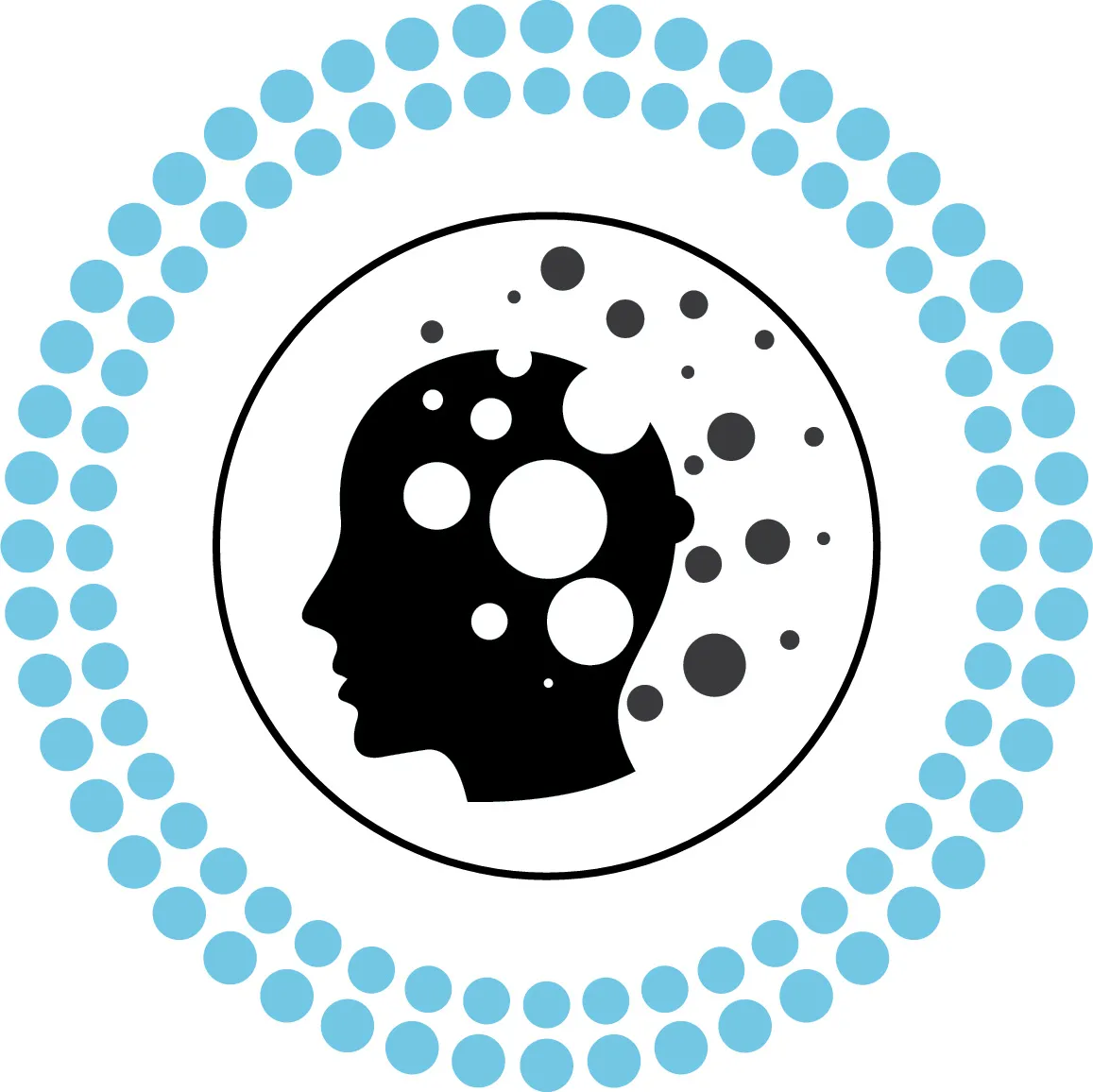Introduction
Bipolar disorder is a mental health condition characterized by extreme mood swings, from manic episodes to depressive episodes. These mood swings can have a significant impact on an individual’s daily life and relationships. In this article, we will explore bipolar disorder through the lens of Carl Jung’s theories of the unconscious mind.
The Unconscious Mind and Bipolar Disorder
Carl Jung believed that the unconscious mind plays a significant role in the development of mental health conditions. In the case of bipolar disorder, the unconscious mind may hold repressed emotions, memories, and experiences that contribute to the onset of manic and depressive episodes.
Jung also believed that mental health conditions, including bipolar disorder, can be seen as a call for integration, a call for the conscious mind to become more aware of the unconscious and to integrate the different parts of the self.
The Link between Trauma and Bipolar Disorder
Research has shown that there is a link between trauma and the development of bipolar disorder. Traumatic events, such as abuse, neglect, or loss, can lead to the repression of emotions, memories, and experiences in the unconscious mind. These repressed emotions and memories can later manifest as manic or depressive episodes.
Understanding and Managing Bipolar Disorder
It is important for individuals with bipolar disorder to understand the role of the unconscious mind in their condition. Therapy, such as Jungian psychotherapy, can be helpful in uncovering repressed emotions and memories that may be contributing to manic and depressive episodes.
Medication can also be effective in managing the symptoms of bipolar disorder. However, it is important for individuals with bipolar disorder to work with their healthcare provider to find the right balance of therapy and medication.
Conclusion
Bipolar disorder is a complex mental health condition that can have a significant impact on an individual’s daily life and relationships. By understanding the unconscious mind and how it may be contributing to the onset of manic and depressive episodes, individuals with bipolar disorder can gain insight into their condition and learn how to manage it effectively.
It is important to stress that the integration of the unconscious mind through therapy, medication and self-awareness is key in managing bipolar disorder, as it allows for a better understanding of the condition and the individual’s unique experiences.




